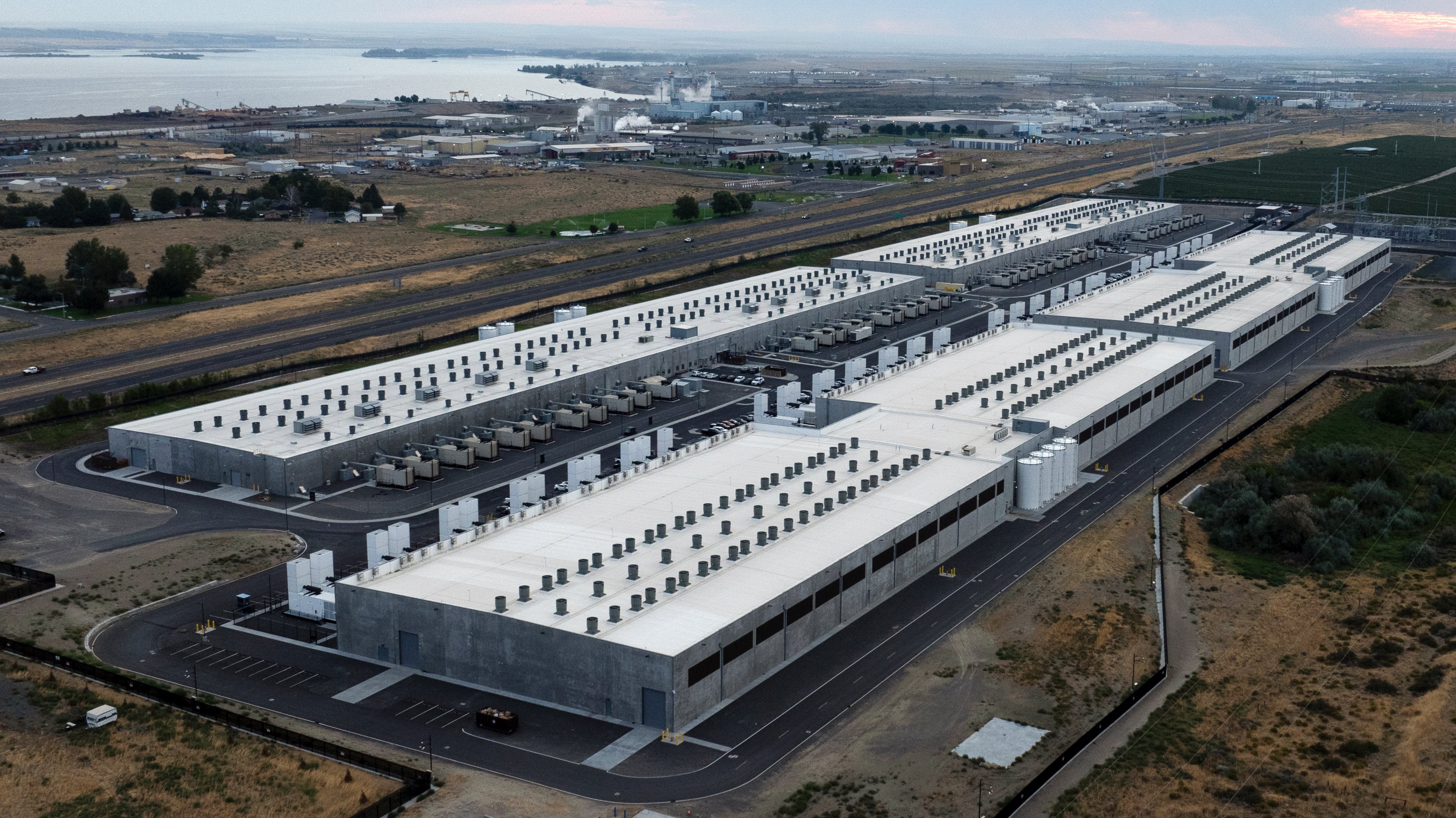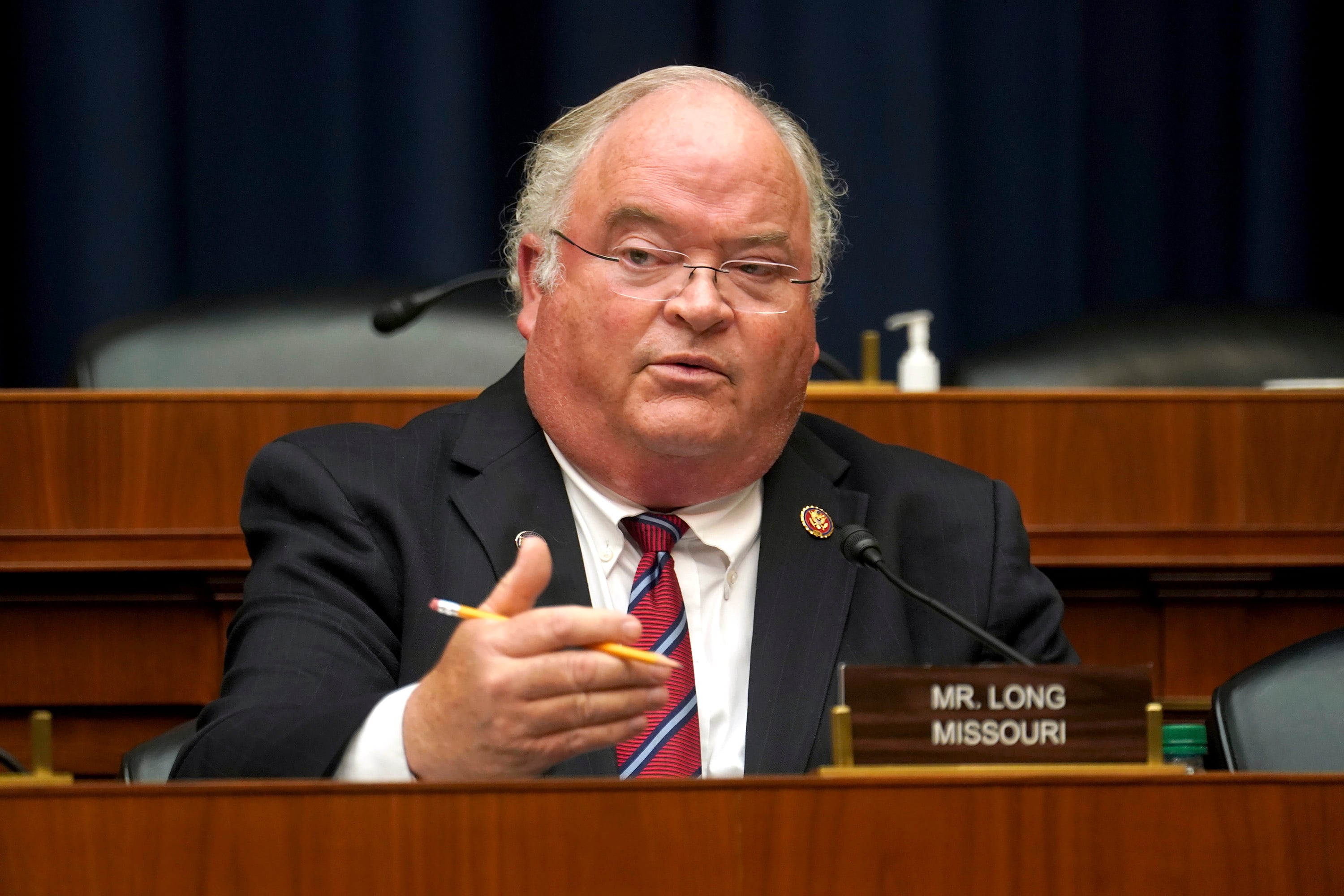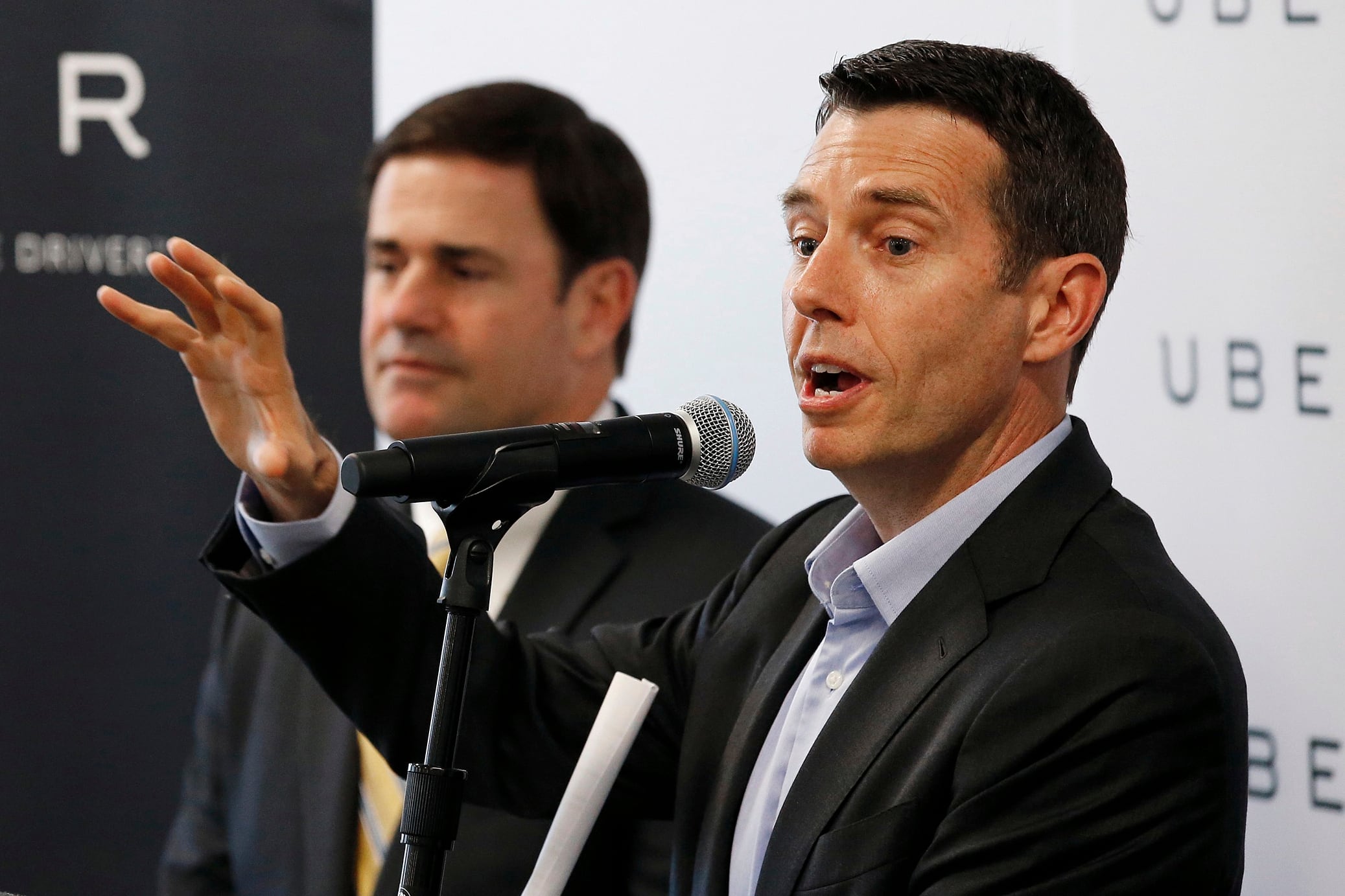By Wyatte Grantham-Philips
Trucking company Yellow Corp. has declared bankruptcy after years of financial struggles and growing debt, marking a significant shift for the U.S. transportation industry and shippers nationwide.
The Chapter 11 bankruptcy, which was filed Sunday, comes just three years after Yellow received $700 million in pandemic-era loans from the federal government. While a Chapter 11 filing is used to restructure debt while operations continue, Yellow, like other trucking companies in recent years, will liquidate and the U.S. will join other creditors unlikely to recover funds extended to the company.
Yellow fell into severe financial stress after a long stretch of poor management and strategic decisions dating back decades.
In 2019 two trucking companies, Celadon and New England Motor Freight, file for bankruptcy protection and liquidated.
Former Yellow customers and shippers may face higher prices as they take their business to competitors, including FedEx or ABF Freight, experts say — noting Yellow historically offered the cheapest price points in the industry.
“It is with profound disappointment that Yellow announces that it is closing after nearly 100 years in business,” CEO Darren Hawkins said in a news release late Sunday. “For generations, Yellow provided hundreds of thousands of Americans with solid, good-paying jobs and fulfilling careers.”
Yellow, formerly known as YRC Worldwide Inc., is one of the nation’s largest less-than-truckload carriers. The Nashville, Tennessee-based company had 30,000 employees across the country.
The Teamsters, which represented Yellow’s 22,000 unionized workers, said last week that the company gave legal notice for a bankruptcy filing and shut down operations in late July following layoffs of hundreds of nonunion employees.
Teamsters general president Sean O’Brien called the news “unfortunate but not surprising” in a July 31 statement — pointing to the financial chaos at Yellow. “This is a sad day for workers and the American freight industry,” he said.
The Wall Street Journal and FreightWaves reported in late July that the bankruptcy was coming — noting that customers had already started to leave the carrier in large numbers and that the company had stopped freight pickups.
Those reports arrived just days after Yellow averted a strike from the Teamsters amid heated contract negotiations. A pension fund agreed to extend health benefits for workers at two Yellow Corp. operating companies, avoiding a planned walkout — and giving Yellow "30 days to pay its bills,” notably a total of $50 million owed to the Central States Health and Welfare Fund. A Yellow spokesperson said Tuesday that the company previously request a short-term deferral of the pension contributions plus interest, but the funds denied that request.
Yellow blamed the nine-month talks for the demise of the company, saying it was unable to institute a new business plan to modernize operations and make it more competitive during that time.
The company said it has asked the U.S. Bankruptcy Court in Delaware for permission to make payments, including for employee wages and benefits, taxes and certain vendors essential to its businesses.
Yellow has racked up hefty bills over the years. As of late March, Yellow had an outstanding debt of about $1.5 billion. Of that, $729.2 million was owed to the federal government.
In 2020, under the Trump administration, the Treasury Department granted the company a $700 million pandemic-era loan on national security grounds. The Teamsters supported the $700 million loan when it was first announced.
A congressional probe recently concluded that the Treasury and Defense departments “made missteps” in the decision and noted that Yellow’s “precarious financial position at the time of the loan, and continued struggles, expose taxpayers to a significant risk of loss.”
As of June 30, Yellow had paid $67 million in cash interest on the loan, which is due in 2024, the company said.
The financial chaos at Yellow “is probably two decades in the making,” Stifel research director Bruce Chan said ahead of the filing late last month, pointing to poor management and strategic decisions dating back to the early 2000s. “At this point, after each party has bailed them out so many times, there is a limited appetite to do that anymore.”












